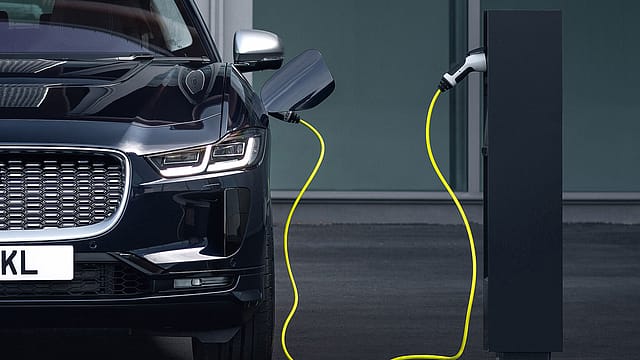Industry stakeholders hail India’s position to drive the global EV ecosystem on World EV Day
ADVERTISEMENT

On World EV Day, Indian industry bodies, industry stakeholders and observers hail India’s unique position in driving the adoption of electric mobility.
Assocham said that on World EV Day, the industry body reaffirms its commitment to accelerating India’s transition to sustainable mobility. “Electric vehicles are not just the future, they are the way forward in building cleaner cities, reducing carbon footprints and driving innovation in green technology,” Assocham said in a statement.
Srihari Mulgund, Partner and New-Age Mobility leader at EY-Parthenon India, avers that Progress today demands more than incremental shifts—it calls for bold reimagination. “India stands at a defining moment in its mobility evolution. With a unique blend of demographic scale, engineering innovation, and policy acceleration- including initiatives like FAME II, the 5% GST rate, and the PLI schemes, the country is not just preparing for the electric future, it is actively shaping it,” he said.
According to Anurag Choudhry, CMD and CEO, Himadri Speciality Chemical, India is uniquely positioned to become a credible anchor in the global electric vehicle revolution. “With EV penetration on the rise and strong government initiatives driving adoption and manufacturing, the country is set to transition from being primarily a consumer of electric vehicles domestically to a key contributor in the global EV ecosystem,” Choudhry said.
Devndra Chawla, MD and CEO, GreenCell Mobility, believes that the global shift towards electric mobility reflects not just a technological revolution but also a societal commitment to reducing carbon footprints, improving air quality, and creating sustainable cities for future generations. “The EV transition is not a destination but a journey, one that will demand constant learning, adaptability, and innovation. With supportive government policies, rapidly advancing technology, and growing consumer awareness, India is uniquely positioned to leapfrog into an electrified future,” he added.’
According to Anshuman Divyanshu, CEO – EVSE at Exicom, buying an EV is only half the story; charging it reliably is what makes it a real alternative. “The future of electric mobility in India will depend on how fast infrastructure keeps pace with the rapid growth in EV adoption. Building reliable, scalable, and customer-centric charging networks is what will truly power the transition,” he added.